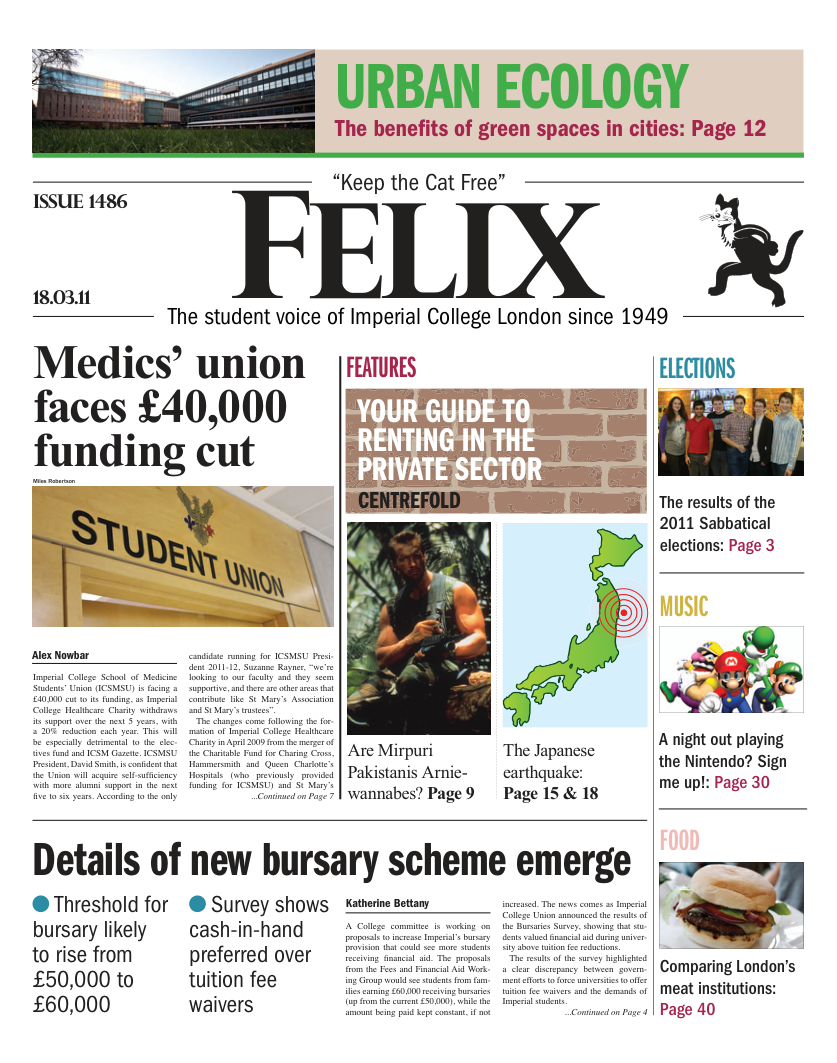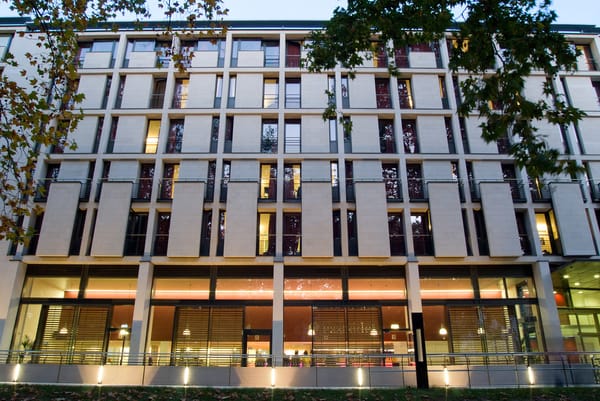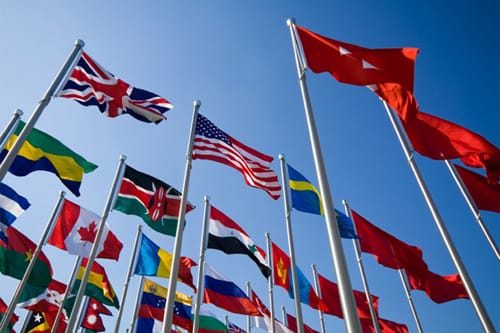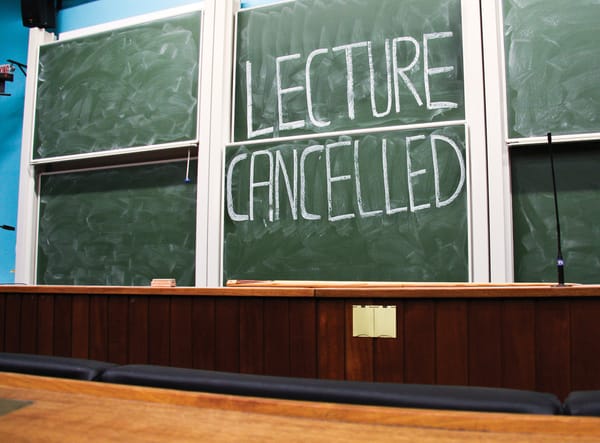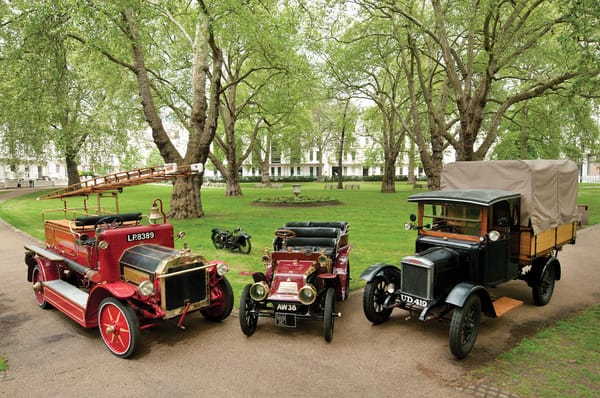The next Medic President?
Suzie Rayner is running uncontested for Medic President, but is she the right person for the position?
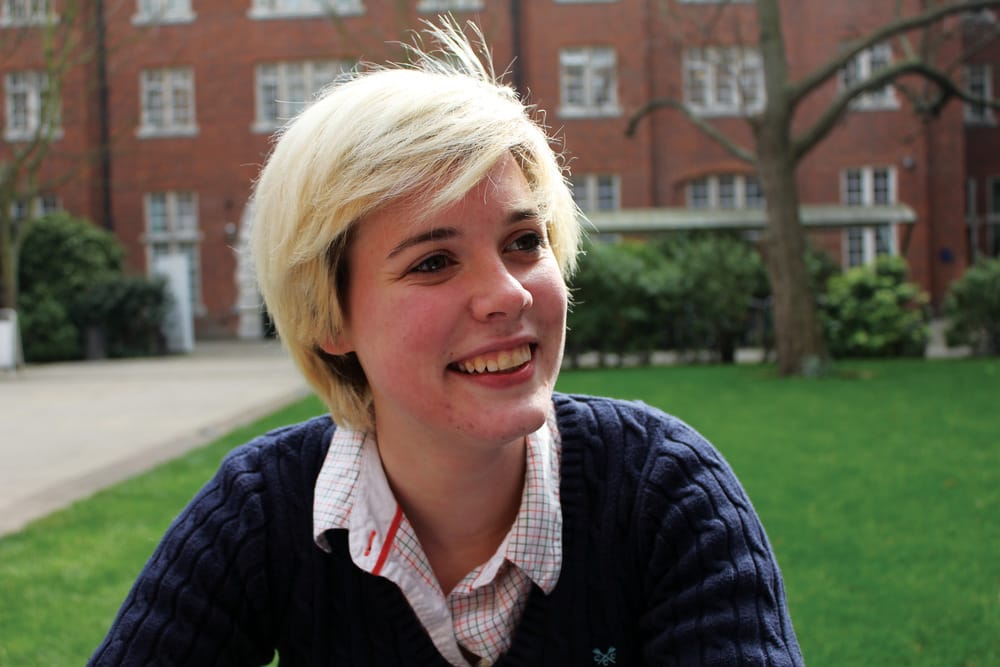
Read Suzie's, and other manifestos, here, at comparethemedic.com
Voting opens on Monday 21st
This is your second time running. What do you think that says about you? I think it probably shows how much I want the position. Obviously I’ve had to rethink it this year and it’s quite a weird experience running for it for the second time, but it’s also quite exciting.
You’re unopposed, would you rather have had somebody running against you? It would be great to win when you’re way into it, but last year it was very close and very stressful, and I feel that I proved myself last year. So I’m not worried about being the only choice students have, because I think I had enough support last year to prove that I’m ready.
Do you think there’s a lack of choice in the sense that there isn’t someone else offering a different set of policies? I suppose so, but I think you have to rely on the fact that I will pick up ideas from some other members. And there’s so much competition this year for some of the positions that it’s been great listening to it. I’ve been scribbling down ideas either thinking how similar they are to mine, or how good other ideas are that I want to borrow.
What would be your focus next year? One of the two main areas I’ve always thought was essential to a President’s role is maintenance of what has come before. This tends to be forgotten when people come in all guns blazing talking about the things they’re going to change. The other area a lot of the academic reps are talking about is the feedback from faculty to student. We have an excellent system of feedback from student to faculty, but it always gets stuck halfway back. We want to make the system easier to access, like by putting it on the website.
So, to use the old phrase, ‘if it ain’t broke, don’t fix it’. What things are in your opinion not broken, and so don’t need to be fixed? Welfare, for instance, has come along amazingly these past few years, but the obvious problem with the welfare system is that new problems arise all the time, so it’s working off the solid base we’ve got now.
After the controversy with the Daily Mail article, do you think there’s anything that still needs to be addressed on that front? I think the main things that came out of that were issues about the Reynolds, and areas where we weren’t fulfilling our responsibilities. Those need to be worked on gradually, and some of the dramatic changes we’ve made recently have caused massive uproar but have been effective.
Were, say, the sports teams a bit upset about these changes? I think they were more concerned about what could happen, and the threats that they wouldn’t be allowed to stay in the Reynolds. But clearly they have, and so the changes we’ve implemented are not so disastrous.
Do you think Medic ‘antics’ are given too much attention? I think the reason their antics get overhyped is that, like with the Daily Mail issue, we see headlines saying “This person will be your doctor” while we see them behaving like any other student, to be honest. So yes, I think it does get overblown. Having two different bars does also add to the air of mystery about the medics’ behaviour.
Is there a sense that medical students who don’t drink feel excluded from their Union? It seems to me that because people go on about catering for ‘drinkers’ or ‘non-drinkers’, they’re escalating a divide that probably wasn’t there to begin with. Obviously there are people who will never want to go to the Reynolds, and those are the people we need to make sure we’re catering for. There’s less of a problem with drinkers and non-drinkers than there is with people not being interested in the same events.
How big do you feel the divide between Medics and the rest of Imperial is? I have a couple of non-medical friends from Halls, but other than that most of my friends from halls were also medical students. The divide ultimately comes down to the degree being 6 years instead of 3 or 4, and the different locations medical students have to go to over their time here. It’s not necessarily a good thing, but there are clear reasons for it. It is, however, a shame to have rivalry in the wrong places. So at Varsity, for instance, rivalry is brilliant. But when it’s people saying “Oh, I hate medics” or the other way around, that’s clearly not healthy.
Does this divide need to be closed, or are you happy with the current state of affairs? Ultimately, it does need to be people’s choice. Everyone should be made aware of the clubs or activities available in the main student Union, so that it starts being seen as acceptable; a friendly approach from both sides is essential. However, I don’t think the best way is to try to force people to integrate.
You’re a fourth year now, so where did your journey to this point begin? I remember that I spoke with the current President, Dave Smith, on day three of university, and he said “I want to be president’. I never had that. I just couldn’t imagine why a person would want to take year out at any point. So I suppose that a lot has changed. Probably one of the big things that I’ve done personally and for the Medics Union is my work as RAG Chair in second year. That’s one of the biggest reasons why I realised that I could do the job of President.
If you love your subject, and you really want to be a doctor, why would you take a year off and push back becoming a doctor by a year? That was always the reason that I hesitated about it. I love medicine and that’s one of the biggest cons to running for President. However, the skills that I’ll learn and the importance of the role to the Medical school are most important. I love medicine but I also love the medical school as much, if not more. I believe that I have the traits to do the job well, but we’ll see obviously. I know that I would do it well.
What are those traits? I know that if someone came to an open day and met me, I’m pretty sure that they wouldn’t forget me. That sounds really arrogant I know, but what I mean is that I feel that I could give people a good impression of the medical school and get them enthusiastic about it.
The Medics’ Union is facing large cuts over the next 5 years. How big a deal is this? This is a big deal, we’re hoping that the cut will be much smaller than what they’re threatening at the moment. The area that we hope to move to in getting funding from is the ICSM alumni. It’s building every year.
What can you do to fight these cuts? I’m very pro student opinion but I also know that if you go into meetings saying “we want this, we want that” that you’re not going to get anywhere. I will compromise on certain things, to get the more important things. However, what’s essential is that we continue to persuade people of the importance of the Union’s role.

